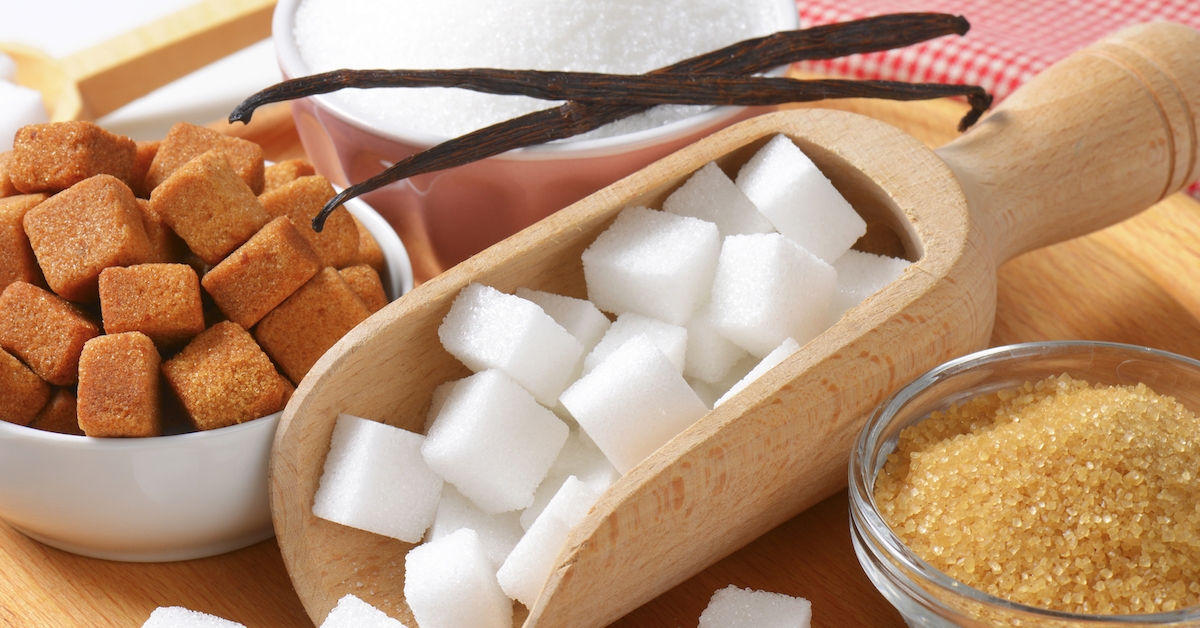At one time or another — hopefully now in the past — you probably gorged on a candy bar, stuffed yourself with ice cream, or downed a fizzy drink to give yourself a pick-me-up and boost your mood.
This sugar rush, so scientists tell us, is caused by a surge of the feel-good brain chemical called serotonin. No wonder sugar gives us a lift.
But does it really?
A new study suggests the sugar rush is a fiction. Far from raising our spirits, we become fatigued, less alert and feel worse. . .
Not Even a Short-Term Mood Lift
A whole slew of studies purports to show that carbs reduce fatigue, boost energy, give us a clear head and improve mood, but a group of psychologists still had their doubts.
They looked over the research but concluded that it wasn’t reliable, so they dug deeper and collected data from the most well-conducted studies they could find.
In total, 31 studies, with 1,259 healthy adult participants, met their high standards.
The psychology group from the Universities of Warwick and Lancaster in the UK and Humboldt University, Berlin, Germany, took many variables into account.
For instance, they considered how long the volunteers fasted before loading with sugar, the type and amount of sugar they ate, the form it came in, and whether engaging in demanding mental and physical activities made any difference.
They also looked at a number of emotional states: calmness, tension, confusion, alertness, anger, vigor, fatigue, depression, connectedness.
Finally, they divided the results into three time periods after sugar consumption: up to half an hour, 31 minutes to an hour and beyond an hour.
The scientists found that carbohydrates (CHOs) do not have a beneficial effect on any aspect of mood at any point in time. In fact, carbs lower alertness within an hour and increase fatigue within 30 minutes.
A Myth is Debunked
They wrote, “These findings challenge the idea that CHOs can improve mood, and might be used to increase the public’s awareness that the ‘sugar rush’ is a myth…”
The study didn’t look into the sugar-serotonin connection, but questioned the existence of a mood-boosting mechanism related to carbs.
According to Dr. Konstantinos Mantantzis, who led the research, “The idea that sugar can improve mood has been widely influential in popular culture, so much so that people all over the world consume sugary drinks to become more alert or combat fatigue.
“Our findings very clearly indicate that such claims are not substantiated – if anything, sugar will probably make you feel worse.”
So if sugar won’t give us a lift, what will?
A Simple Way to Energize Yourself
There’s always that old standby, coffee. Besides making you more alert, it’s now linked to a range of health benefits, so this beverage is a win-win.
Another choice is simply to go for a walk.
Psychologists from Iowa State University, in a series of experiments, found that walking — whether indoors or outdoors, in pleasant or drab surroundings, on your own or with friends — raises your spirits.
Dr. Jeff Miller, the study’s lead researcher, said walking, rather than sitting or standing, “will almost certainly result in increased feelings of pleasant energy. And that’s true whether you expect this to occur or not.
“If you are feeling disengaged or sluggish, and you desire to energize yourself, take a brisk walk. Your feelings of engagement will very likely increase, and all those things you might have wanted to be doing should seem less imposing.”







